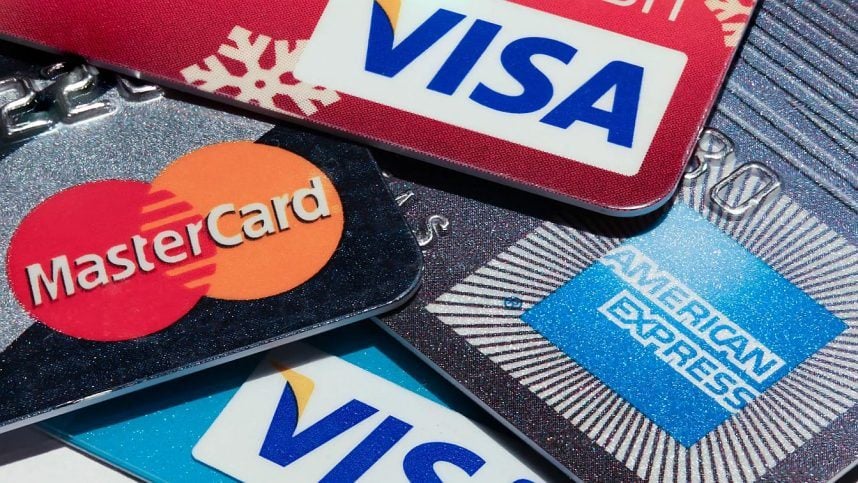Published on: December 17, 2024, 05:22h.
Last updated on: December 17, 2024, 05:22h.
When Missouri joins the online sports betting scene in 2025, an estimated 30 states and Washington, DC will offer mobile wagering without the need to visit a physical casino.

Nevada leads in online sports betting, but most bets in the US are placed via computers or mobile devices due to their convenience. However, bettors should avoid using credit cards to fund their accounts.
A recent report by the Consumer Financial Protection Bureau (CFPB) reveals that sportsbooks treat credit card deposits for mobile accounts as cash advances, subjecting bettors to higher fees compared to using cash or debit cards.
Additionally, all major credit card issuers in the US categorize wagering transactions as cash advances in their agreements.
Credit Card Fees Impacting Bettors
Credit card companies have been treating gaming charges as cash advances for years, but the CFPB’s report highlights the issue as the US sports betting market grows.
Cash advance fees add to the cost of betting, acting as an additional charge on top of the standard bet amount.
Cash advance fees often have a minimum charge of $10, making smaller advances costly. These fees do not count towards rewards offered by card issuers.
Despite the higher fees, many bettors still choose to use credit cards to fund their accounts, leading to increased cash advance activity in states where sports betting is legal.
The CFPB’s analysis shows that credit card cash advance fees spiked following the legalization of sports betting in Iowa and Kansas.


